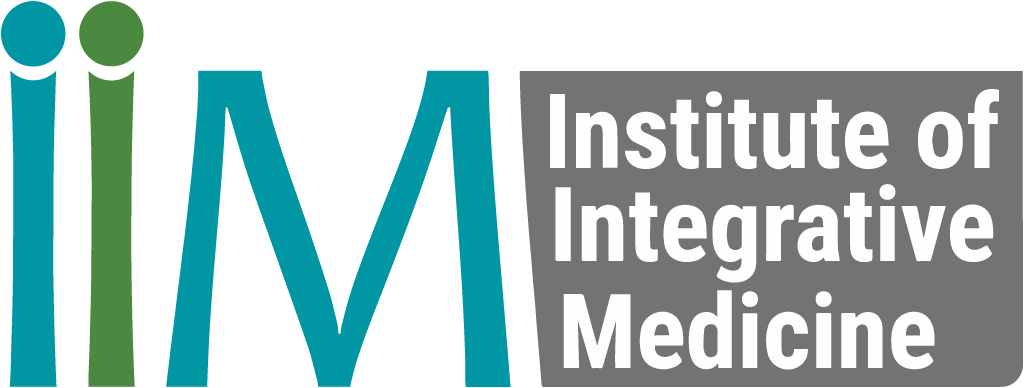The Potential Health benefits of Gene Therapy
Scientists and medical professionals are focused on new genetic research and developments everyday. The future of gene mutation identification and treatment looks promising, especially for those suffering with severe chronic disease and genetic disorders.
Gene therapy is a medical strategy that attempts to alter the genes within the body’s cells, in order to treat or prevent disease. Genetic disorders are caused by genes that are not functioning effectively, and may eventually lead to disease. Gene therapy attempts to replace a defective gene or add new genes that aid in the treatment or management of the related disease. Although gene therapy is only at the beginning of its clinical trials, the future looks promising.
How do we use Gene Therapy?
This kind of therapy is predominantly used with patient’s suffering from cancer, cystic fibrosis and heart disease. The aim of the following procedures is to correct or replace the defective gene with the correct copy, thus aiding in the treatment and management of chronic disease.
Gene Replacement Therapy
Gene replacement therapy is an approach that is used to recognise and replace a defective gene. The procedure involves applying the correct copy of DNA through a carrier molecule (viral vector), to replace the identified, defective gene.
Gene Mutation
Some mutated genes can cause the onset of chronic disease. These genes can be identified through genetic testing, and may be “turned off” to prevent further damage. Other genes help to promote the prevention of disease and can be “turned on” in order to prevent the onset of genetic disorders.
Improving immune recognition of affected cells
The body’s immune system doesn’t always recognise and identify diseased cells. Gene therapy may be used to stimulate the immune system to respond to affected cells that might pose a risk to the body’s health status.
Risks associated with Gene Therapy
Gene transfers that use adeno-associated virus vectors (AAV) may pose some risks.
Inflammation due to an immune response. The immune system could see the virus as a threat, and cause inflammatory reactions.
Healthy cells can be damaged in the process. Although the virus is aimed at targeting diseased cells, it can also affect healthy cells that were not meant to be targeted.
Excess proteins can be produced during the process. The degree of protein overexpression can vary and is dependent on the protein type being produced.
Summary
Scientists and medical professionals are focused on new genetic research and developments everyday. Gene therapy is still in its infancy, and is pushing to move past its clinical trials at an effective rate. As we learn more about the benefits and risks of these procedures, the limits to disease treatment and management will broaden. The future of gene mutation identification and treatment looks promising, especially for those suffering with severe chronic disease and genetic disorders.
How do I Become a Functional Medicine Practitioner to learn more about Gene therapy?

The Institute of Integrative Medicine is a global leader in the field of Integrative Medicine Education. We offer certified online courses helping you to take charge of your practice and improve the quality of life for your patients. Integrative medicine has the potential to transform healthcare. Find out more about the courses we offer today!
